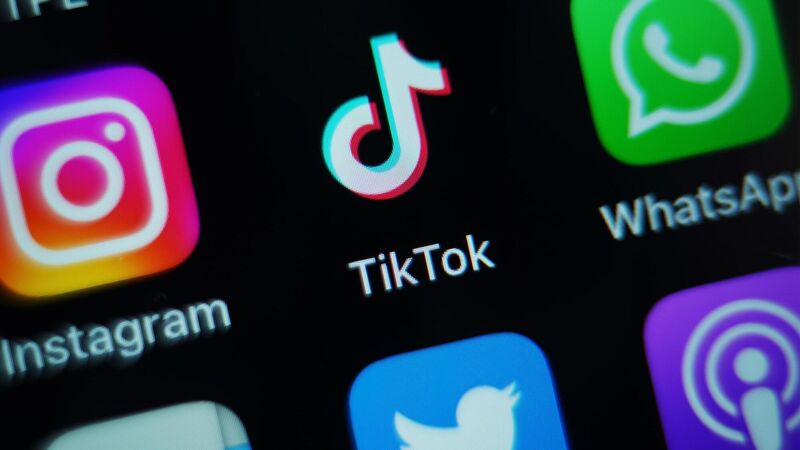Maurice Brosnan: A losing quest to reprogram the sporting social media algorithm

A view of the app for TikTok, Instagram, WhatsAppp and Twitter on a phone screen.
The quintessential county final picture: three elated men, arms around each other, a cup held high. An NFL coach’s sacking. Clips from Interstellar and Succession. A meme blending Eddie Hearn, Rocky Balboa and that ugly incident at a recent Leinster hurling game. This is who we are.
Or rather, this is what we have become. In recent weeks, I’ve been actively trying to reprogram my various social media algorithms. Searching certain words on Instagram. Actively interacting with the better TikTok accounts. Dutifully pressing “Not interested in this post” on the bile that bubbles up on X.











